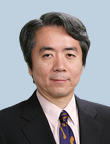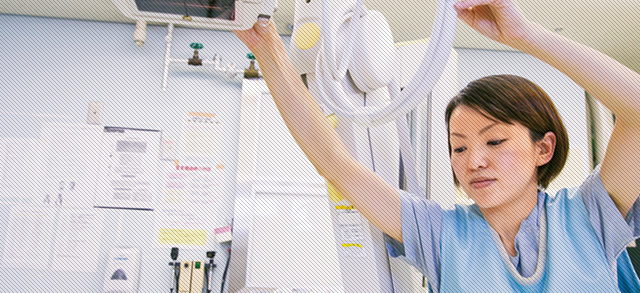Graduate School of Medicine/Graduate School of Public Health
Staff Information

Ken-ichiro Katsura
M.D., Ph.D.,
Graduate School of Medicine, Affiliation Campus: Narita
Profile (Career Summary)
Graduated from Nippon Medical School
Degree of Doctor of Medical Science
Assistant professor of laboratory for experimental brain research in Lund University, Sweden.
Associate professor of graduate school of medicine, Nippon Medical School.
Professor of International University of Health and Welfare, School of Medicine, director of the department of preventive medicine, Mita Hospital.
Specialized Field
Neurology, Strokology, Cerebral blood flow and metabolism, Preventive medicine.
Message to Students
Let’s do the science of developing new therapeutic ways for stroke patients, especially, the major part of stroke patients who could not get benefit from tPA or mechanical thrombectomy therapy.
Research Theme
To explore the mechanisms of ischemic cell death during cerebral ischemia.
Development of new therapeutic approach, including new drugs, for Stroke.
References
- Katsura K, Ekholm A, Asplund B, Siesjö BK. (1991) Extracellular pH in the brain during ischemia: relationship to the severity of lactic acidosis. J. Cereb. Blood Flow Metab. 11; 597-599.
- Katsura K, Mellergård P, Theander S, Ouyang Y, Siesjö BK. (1993) Buffer capacity of rat cortical tissue, as well as of cultured neurons and astrocytes. Brain Res. 618;283-294.
- Katsura K, Kristián T, Smith M-L, Siesjö BK. (1994) Acidosis induced by hypercapnia exaggerates ischemic brain damage. J. Cereb. Blood Flow Metab. 14; 243-250.
- Ohsawa I, Ishikawa M, Takahashi K, Watanabe M, Nishimaki K, Yamagata K, Katsura K, Katayama Y, Asoh S, Ohta S. (2007) Hydrogen acts as a therapeutic antioxidant by selectively reducing cytotoxic oxygen radicals. Nat Med. 13:688-94.
- Katsura K, Takahashi K, Watanabe M, Ohsawa I, Mori T, Igarashi H, Ohkubo S, Sakurazawa M, Asoh S, Katayama Y, Ohta S. (2008) Combination therapy with transductive anti-death FNK protein and FK506 ameliorate the brain damage with focal transient ischemia in rat. J. Neurochem. 106:258-270.
